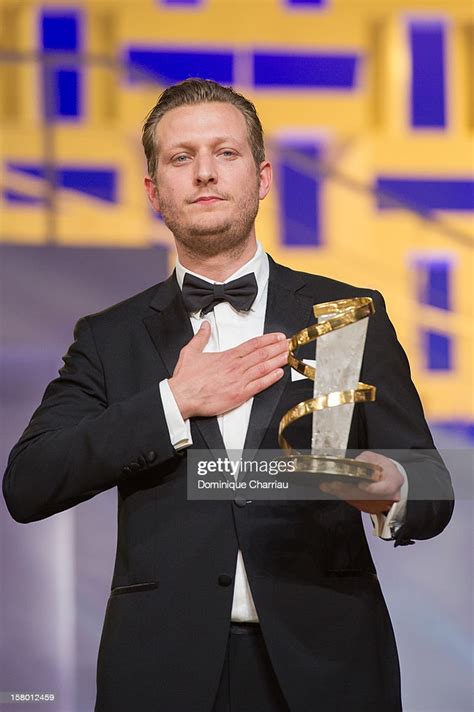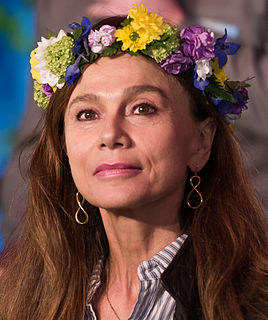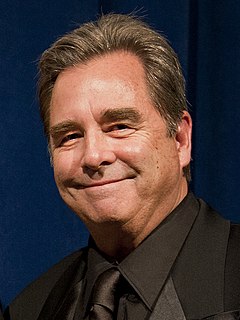A Quote by Tobias Lindholm
The camera cannot leave the man, but the man can leave the camera. It's in the style of documentary where you make an agreement between a camera and a man and say, "I'm going to film you now."
Related Quotes
The difference between an amateur and a professional photographer is that the amateur thinks the camera does the work. And they treat the camera with a certain amount of reverence. It is all about the kind of lens you choose, the kind of film stock you use… exactly the sort of perfection of the camera. Whereas, the professional the real professional – treats the camera with unutterable disdain. They pick up the camera and sling it aside. Because they know it’s the eye and the brain that count, not the mechanism that gets between them and the subject that counts.
Now everyone's main objective of taking photographs is to have a photograph for Twitter or Facebook. I find that troubling. If you have an opportunity to meet the Dalai Lama, don't work out your camera or iPhone issues. Sit and a listen to what the man is saying, because nine times out of 10, you're not going to look at that photo. You're not going to look at the video. As a photographer, I don't carry a camera. I have my iPhone, but I don't carry a camera. I want to live.
The camera is one of the most frightening of modern weapons, particularly to people who have been in warfare, who have been bombed and shelled for at the back of a bombing run is invariably a photograph. In the back of ruined towns, and cities, and factories, there is aerial mapping, or spy mapping, usually with a camera. Therefore the camera is a feared instrument, and a man with a camera is suspected and watched wherever he goes... In the minds of most people today the camera is the forerunner of destruction, and it is suspected, and rightly so.
I have received the digital camera as a blessing. It has really changed my life as a filmmaker, because I don't use my camera anymore as a camera. I don't feel it as a camera. I feel it as a friend, as something that doesn't make an impression on people, that doesn't make them feel uncomfortable, and that is completely forgotten in my way of approaching life and people and film.
The camera has a mind of its own--its own point of view. Then the human bearer of time stumbles into the camera's gaze--the camera's domain of pristine space hitherto untraversed is now contaminated by human temporality. Intrusion occurs, but the camera remains transfixed by its object. It doesn't care. The camera has no human fears.
Film, television, and working with a camera is such an intimate art form that if a camera is right on you, and I've got your face filling the screen, you have to be real. If you do anything that is fake, you're not going to get away with it, because the camera is right there, and the story is being told in a very real way.






































